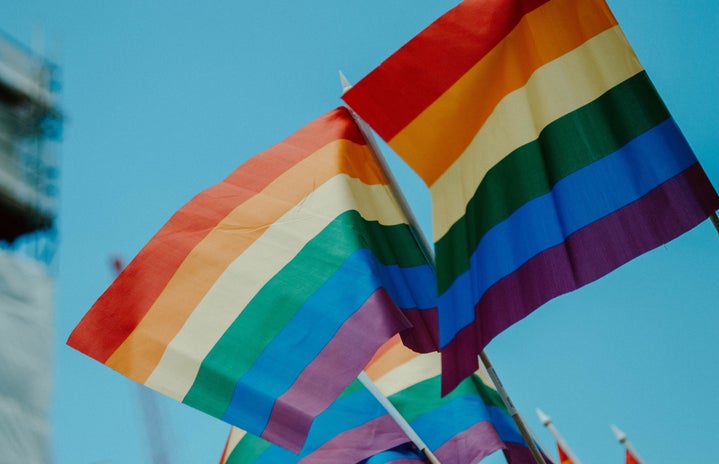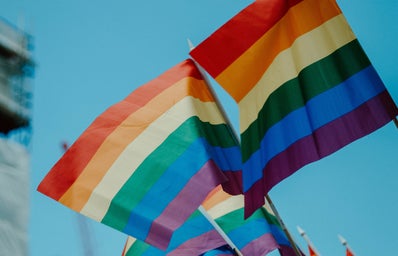As June comes, topics related to LGBTQIA+ rights become more recurrent in our social media. Several brands and personalities try to engage in the cause in order to show support for pride month, but how many of them are really committed to fighting against prejudice and giving space to the community?
Especially during this time, PinkWashing becomes a popular corporate approach. It is a concept mostly related to the marketing world, which refers to brands who use the visibility given to LGBTQIA+ community for the sake of promoting their products. This strategy consists of showing a false interest in the topic and its strands only to create an image surrounding a brand. When explicitly communicating that they are open to diversity, companies tend to be seen as revolutionary and open-minded, which makes them “look good” in the eyes of the consumer. That way, social movements become targets of economic interest, and the idea of guaranteeing inclusion to a minority in our society is reduced to the purpose of attracting clients and increasing profitability.
Although it is often used in the marketing area, PinkWashing holds some strands on what is called Homonationalism. The same idea is applied in the construction of the antithetic pair of West and Middle East: contrasting the revolutionary aspect of the American government when supporting LGBTQIA+ rights to the homophobia and intolerance of Islamism.
This concept was first quoted by Jasbir Puor in her academic work “Terrorist Assembledges”, after 09/11, criticizing the image created around the US as guardians of the human rights, democracy, and liberty, sustained by the LGBTQIA+ flag. Despite the torture practiced by the American government on the community, the semblance is a civilized country, that opposes the barbarism and prejudice seen in Eastern cultures.
PinkWashing and Israel
The Brazilian sociologist, Dr. Berenice Bento, has a different approach to PinkWashing, that is not directly related to brands, but to regions, dealing with this topic when related to conflicts between Israel and Palestine. She defends that the images created around both countries, being the imaginary correlated to Israel positive and the Palestine one bad, are essential to the support of the war: “The acceptability of the Israeli speech is due to certain social agendas, which are based on the accession of human rights. It is well known that war is not only won with the auxiliary of military power but also needs to hold a moral strength”.
Also, she points out that the annual gay parade in Tel-Aviv is one of the main elements that guarantee the country’s alliance to the liberal ideal. “All events related to the parade are sponsored by the Israeli government financially. This contributes to the creation of a brand, with proper and defined qualities, that in this case, screams freedom and happiness”, she says.
It also reflects an attitude of planning, and as consequence, there is a clear intention of transforming realities. “The party mood seen at these events masks another truth: homophobia, lesbophobia, and transphobia. There is the instrumentalization of something that is part of this country’s publicity”, she concludes. Regardless of the way pinkwashing is manifested, it is safe to say that it always relies on the objective of promoting a portrait that shows sexual freedom, but in practice, it is not what happens.
How do we fight against it?
There are many ways we can fight to stop PinkWashing. Let’s see some ideas from the content creator, marketing bachelor, and Drag Queen, Lorelay Fox. On her social media, she shares some tips in order to keep awareness of the brand’s intentions, especially as the LGBTQIA+ pride day arrives.
The most effective way is to do some research. She says you should have knowledge of whether the company promotes campaigns related to the cause during the entire year, and not only when the topic becomes relevant. It is also important to pay attention to how the company addresses diversity on its inside, so getting to know if the brand shows any type of initiative that goes from hiring minorities to allowing people to manifest their principles in the work environment.
Let’s not forget that it is also vital to raise awareness. Work together with local queer, trans and feminist groups to organize a workshop, public talk or film to understand PinkWashing better. Post on social media, talk about it with your friends and family, try in any way that is in your reach to spread the word.
——————————————–
The article above was edited by Amanda Moraes.
Liked this type of content? Check ou Her Campus Cásper Líbero home page for more!


